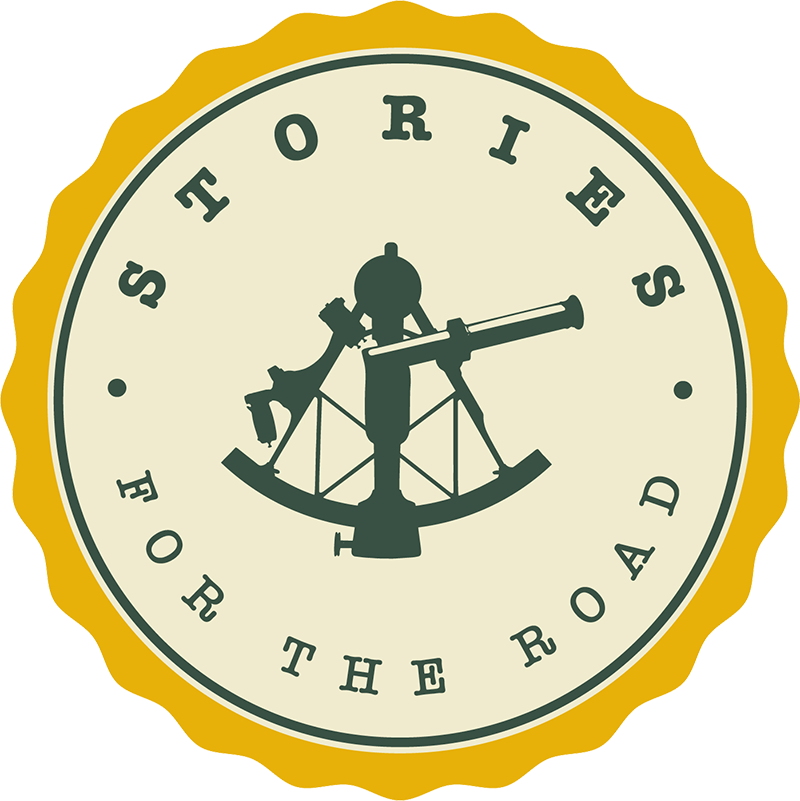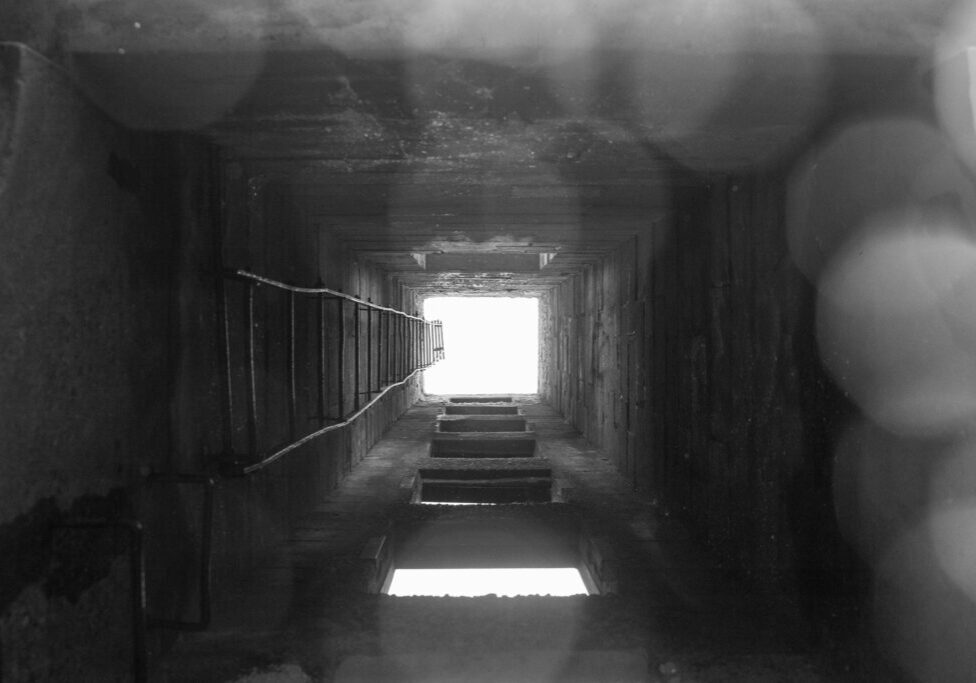When Making Sense Doesn’t Make Sense

One of music’s great powers is its ability to take us back in time. The moments when it does are more than mere memory; there’s something genuinely transportive about them, like Scrooge’s journey with the Ghost of Christmas Past. For me, hearing Indigo Girls puts me right in the back seat of my mom’s van. Queen songs (especially the deep tracks) send me to that weird summer after 7th grade. Sometimes it’s more acute than that, though, and we’re re-immersed in the moments of profoundest sweetness, or of bitterest misery.
“How could it all fall in one day? Were we too sure of the sun?”
– Fleet Foxes, If You Need To, Keep Time on Me
When I hear these words, certain shadows touch my arm, reminding me of one of the darkest and most confusing patches of my story. The brevity of “in one day” is certainly an exaggeration, as time often allows us to see beyond the surface of our situations. But it captures the sense of bewilderment and incredulity I still feel when I dwell on the days when I was a decidedly young minister who wandered into a church that had all the trappings of vitality, but was in truth plagued by dormant unhealth that uncoiled into something foul and dangerous.
Years have passed since that time in my life, but I could still tell you the list of wrongs done against me and my family if you had the time. But rehashing every detail never satisfied, because at the end of the day I was still consumed by one haunting question:
“Who is responsible for what happened?” I needed an answer, so I set to work finding one.
I have a long history of accepting most, if not all, blame in situations where I sense any tension. That’s not meant to sound pious or selfless. It’s a strategy I’ve been using for most of my life to get conflict over with, a kind of shortcut to equilibrium. That’s one thing when we’re talking about a minor skirmish or misunderstanding; it’s quite another when the stakes soar sky high like they did then – a community shaken, old relationships torn apart, dreadful insecurities validated. Even with my ingrained habit of owning more than my share in conflict, I could tell shouldering all of this situation’s weight of blame would utterly crush me. I quickly eliminated that as an option. Perhaps dumping all the fault on their end would help me make sense of things? That didn’t feel right either. I had been wronged to be sure, but such an un-nuanced pronunciation was clearly not the right course. Once those extremes were discounted, I started the long search for a kind of compromise, like a ratio that would perfectly encapsulate the degree of ownership I should take and what I could rightly blame on them. That was about as successful as you’d imagine.
This dissonant grasping for resolution is what makes Psalm 60 feel like a friend who understands me. My first feelings of resonance came when I looked into the poem’s background. The superscript (the tiny writing above verse 1) mentioned without much explanation some events from David’s story that are described in the books of Samuel and Chronicles. When I went to read the narratives themselves, things got even muddier. The psalm made it seem like David and his crew had done something terrible. Sometimes the story seemed like they’d simply done what they had to. Other times it seemed like God had put them up to it and rewarded them. That uneven retelling felt so much like my own attempts at detangling things:
How did it come to this?
A hole of absolute and irreversible ruin,
Full of fire that’s all heat and no light?
How did it come to this?
It’s my hand that dug this pit, I’m sure of it.
What have I done?
Or maybe it was the snakes after all.
How did it come to this?
Either way, this is life from now on, so
What does it matter?
But how did it come to this?
But as I compare my search for understanding to David’s, I’m struck by a subtle, yet monumental difference – the lack of transcendence in my vision. I assent to the providence of God, of course, but when it came down to reckoning with something real, virtually all my estimations were on the human plane, which was where I felt like I was losing my mind trying to piece things together. I still don’t really know why the organic outworking of my processing left God so far out of the equation. I suspect that I feared it was a copout or something, like if I was to acknowledge divine work I would relinquish both the (falsely) humble acceptance of self-blame and the satisfying release of accusing others. Or maybe I thought that God just wasn’t a safe enough place to shake my fist at him like that. Despite my belief in his control, I clung to the luxury of deducting the hard days.
Whatever my hang ups were, David seems pretty free from them.
“You have rejected us”
“You have made the land to quake; you have torn it open”
“You have made your people see hard things”
“You have given us wine to drink that made us stagger”
Is he seriously suggesting he was drugged by God? That the mess he’s in is God’s doing? But whatever objection I may have had to David’s apparent lack of piety, I had to hand it to him – he wasn’t caught on the hamster wheel that I was. In fact, far from being cast away from God for his apparent divine blame shifting, he seems to be in the very arms of God with his complaints and questions.
Yes, his poem’s first claim is that God has rejected them, but even that he directs to God. There’s a clear difference, it seems, between “God has abandoned us,” and “God, you have abandoned us.” The former turns away from God, assuming he has with finality done the same. The second reaches for God, sensing the touch will be returned. I think most of us can relate to both – sometimes hardened to what God might be doing, sometimes open.
What Psalm 60 invites us to do is create a category for God as Disruptor. Like I said, I was fine with saying God is sovereign over all his creation, but there’s a stone in there I wasn’t willing to turn over. When I at last accepted the psalm’s invitation and acknowledged that I and my enemies were not the only ones at work, but that God himself had brought intense disruption in my life, I felt relieved. I found my determination to keep my eyes averted from heaven had been like drinking salt water. It seemed so inviting, even righteous, but it was withering my soul, not refreshing it.
Lest we think him some callous, Joker-like agent of chaos, David also finds deep comfort here – that Disruptor is not God’s only role in his story.
You have set up a banner for those who fear you,
that they may flee to it from the bow. Selah
That your beloved ones may be delivered,
give salvation by your right hand and answer us!
Psalm 60:4-5
Through the haze of smoke and ruin God is waving a flag, yearning to arrest our attention and bring us into deeper life with him. The hard part is that’s not something we can fast-forward through. You might feel the opposite tug I did – to jump over the human elements and rush to say, “God is in control.” But I think that’s a false trail as well. In a mysterious way, I had to grapple with all those questions on the human plane first. I had to think about my faulty contributions, or else I’d never accept my brokenness. I had to acknowledge the wrong that was done to me, or else I’d never be able to name and heal from my wounds. But there is an end to what can be accomplished in those spaces, and once I ran into that wall, I at last found God’s beckoning to be something I needed, something inviting. What he had for me in that place was freshwater relief from the punishing impulse to make sure all the loose ends of my suffering were tied up and well understood. I came demanding to know whether I’d wrecked my life or if they had. He rejected my dichotomy and said with the grave compassion that only the dearest friends can show, “I had something for you in it myself.”
I don’t know what your story needs – To look at the pieces you’ve avoided in the face for the first time? To name the hurts you’ve carried, regardless of blame? To begin the process of forgiving? To courageously imagine a new day? Here’s what I do know: if we find ourselves nearer to God’s heart on the other side, it will have been worth it.
Dalton Deffenbaugh and his family made Sojourn East their home in January 2021. He and his wife Mary have one daughter, Iris. Dalton is fond of good coffee, crossword puzzles, bookshops, playing cards and board games, reading fiction (especially The Lord of the Rings) and slow time with close friends.



